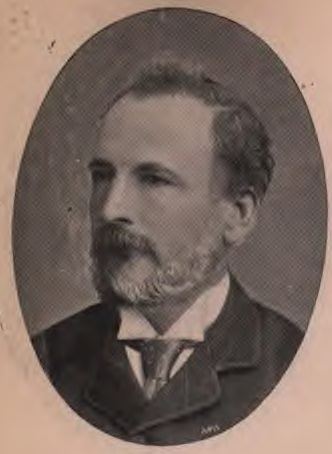Number of members 2 | ||
 | ||
Replaced by | ||
Portsmouth was a borough constituency based upon the borough of Portsmouth in Hampshire. It returned two members of parliament (MPs) to the House of Commons of the Parliament of the United Kingdom, elected by the bloc vote system.
Contents
- Map of Portsmouth NC USA
- History
- Boundaries
- 16401918
- Elections in the 1710s
- Elections in the 1730s
- Elections in the 1740s
- Elections in the 1750s
- Elections in the 1760s
- Elections in the 1770s
- Elections in the 1780s
- Elections in the 1790s
- Elections in the 1800s
- Elections in the 1810s
- Elections in the 1830s
- Elections in the 1840s
- Elections in the 1850s
- Elections in the 1860s
- Elections in the 1870s
- Elections in the 1880s
- References
Map of Portsmouth, NC, USA
History
The constituency first elected MPs in 1295. It was abolished at the 1918 general election, when the Representation of the People Act 1918 divided it into three new constituencies; Portsmouth North, Portsmouth South and Portsmouth Central.
According to Namier and Brooke in The House of Commons 1754–1790, the right of election was in the freemen of the borough who numbered about 100. The town was known as an Admiralty borough and at least one MP was usually an Admiral.
The Earl of Sandwich was First Lord of the Admiralty from 1771 to 1782. He imposed tighter Admiralty control over the borough. This change of policy led to an independent element of the local Council supporting challengers to the Admiralty candidates between 1774 and 1780.
When party politics re-emerged in the late 18th and early 19th centuries, Portsmouth was a predominantly Whig constituency. It only once elected a Tory Member of Parliament between 1790 and 1832.
The Reform Act 1832 considerably expanded the electorate of the borough. The freemen retained their ancient right franchise, but were outnumbered by the new occupier voters amongst the 1,295 electors registered in 1832. As a result of the expanded electorate the borough became more competitive. Contested elections became the norm rather than the exception, as they had been before the Reform Act.
Candidates with naval connections continued to be frequent in Portsmouth, after the Reform Act. The borough developed into a marginal constituency, particularly in the last half century of its existence.
Boundaries
The parliamentary borough of Portsmouth was (as the area remains in the 21st century) a major seaport and naval base on the south coast of England. It is situated in the county of Hampshire.
From the 1885 general election until the dissolution before the 1918 election the constituency was surrounded (on the landward side) by the Fareham seat.
1640–1918
Notes
Elections in the 1710s
Elections in the 1730s
Elections in the 1740s
Elections in the 1750s
Elections in the 1760s
Elections in the 1770s
Elections in the 1780s
Elections in the 1790s
Elections in the 1800s
Elections in the 1810s
Elections in the 1830s
Note (1832): Stooks Smith was the source for the number of electors voting and classified Carter and Baring as Whigs and Napier as a Radical candidate.
Note (1835): Stooks Smith was the source for the number of electors voting. He classified Carter and Baring as Whigs, Rowley as a Tory and Napier as a Radical candidate.
Note (1837): Stooks Smith gives a registered electorate figure of 1,517; but Craig's figure is used to calculate turnout. Stooks Smith was the source for the number of electors voting. He classified Carter and Baring as Whigs, with Cockburn and Fitzharris as Tories.
